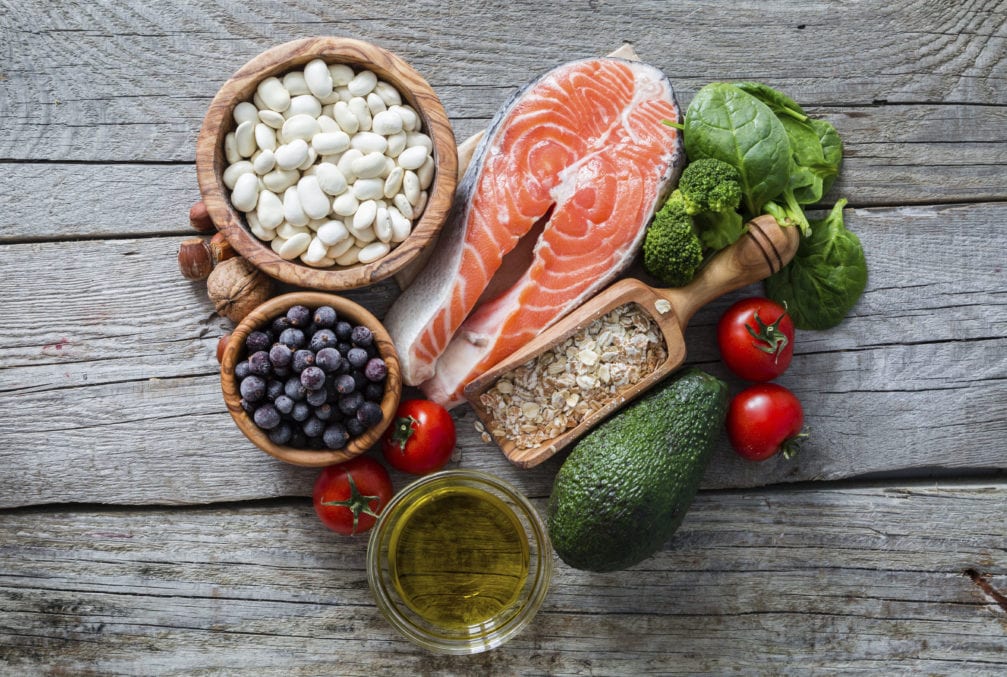Make your calories count: 7 expert tips you need to know

Our ‘recommended daily allowance’ has been a buzzword for years, and we all understand that consuming fewer calories than we burn should make losing weight a mathematical certainty. But recent studies are starting to show that calorie counting is rarely accurate and often forfeits the nutritional value of food. All calories are equal, but some are more equal than others.
READ MORE: Call time on these 5 weight loss saboteurs
Inspired by bloggers such as Deliciously Ella and Madeleine Shaw
– who fiercely resisted calls from publishers to include calorie counts in her recipes – we are learning to celebrate wholesome lifestyle choices. Deprivation no longer feels healthy. Should we forget about calories altogether?
Here are seven things that you need to know about the C-word:
1 The RDA estimates aren’t necessarily right for you
The NHS recommends 2,000/2,500, but Michael Phelps used to eat 12,000 calories a day. Even amongst us mortals, our needs can vary drastically.
‘Everyone is so different,’ says NHS weight loss consultant and surgeon Dr Sally Norton. ‘Things like your muscle:fat ratio, height, activity etc. can all impact on your calorie needs so it’s really difficult to know your own requirements without complicated medical measurements. It’s much better to tune into your body. If your weight is stable, you are eating the right amount of calories for you. If you want to lose weight from there, just up the activity or slightly reduce intake’
2 On average as a nation, we underestimate our calorie intake by 30-50%
A study by the Behavioural Insights Team released in August shows that respondents to national surveys of calorie intake consistently underestimate consumption. Factors such as eating out and discrepancies between reference data and our true portion sizes make precise calculations a minefield.
3 But you may burn more than you think
On the other hand, a recent American study showed that the leading standardised equations used to calculate calories burned while walking made underestimations in 97% of cases.
4 Don’t trust the packaging
The calorie content of pre-prepared-meals often varies by nearly 10% from the amount listed on the label.
5 The difference between the calorie contents of raw and cooked foods is around 10-30%.
Cooking food externalizes part of the digestive process, meaning that it both increases the number of calories that it is possible for our bodies to absorb, and reduces the energy that our bodies burn through breaking it down. The method of cooking will also impact the calorie content – food labels can only act as a rough guide for the calories that you will actually consume.
6. Nutritional value is more important than calorie content
‘Calorie-counting has led to a focus on calories alone which aren’t always easy to calculate. People then gravitate to the low-cal labelled food in the supermarket which can mean low-fat processed foods that are nutritionally deplete, at the expense of real, healthy food,’ says Dr Norton
‘Fat contains more calories per gram than other food groups so tends to be removed and other bulking agents added to make the food more palatable. It’s about quality as much, if not more, than quantity when it comes to calories. Focusing on real food and cooking from scratch is a much healthier option.’
A 2015 study, for example, shows that the risk of diabetes increases 11-fold for every extra 150 sugar calories consumed daily (about one can of Coca-Cola), compared with 150 fat calories.
7. Insulin spikes program cells to store more calories
Eating food with high sugar content releases energy very quickly, causing the body to release large amounts of insulin. These hormone spikes tell your body to convert glucose into fat stores. Eating high-calorie, high-fibre foods that release energy slowly, such as brown rice, means that you will gain less weight than if you consume lower-calorie, fast-release foods, such as sugary drinks.
One last thing
Dr Norton says: “By all means, count calories from time to time as a rough check on what you are eating and to help control portions. Importantly, though, make sure your calories come from real, nutritious and delicious food. Don’t just calorie count. Make
your calories count!’







